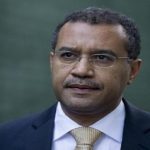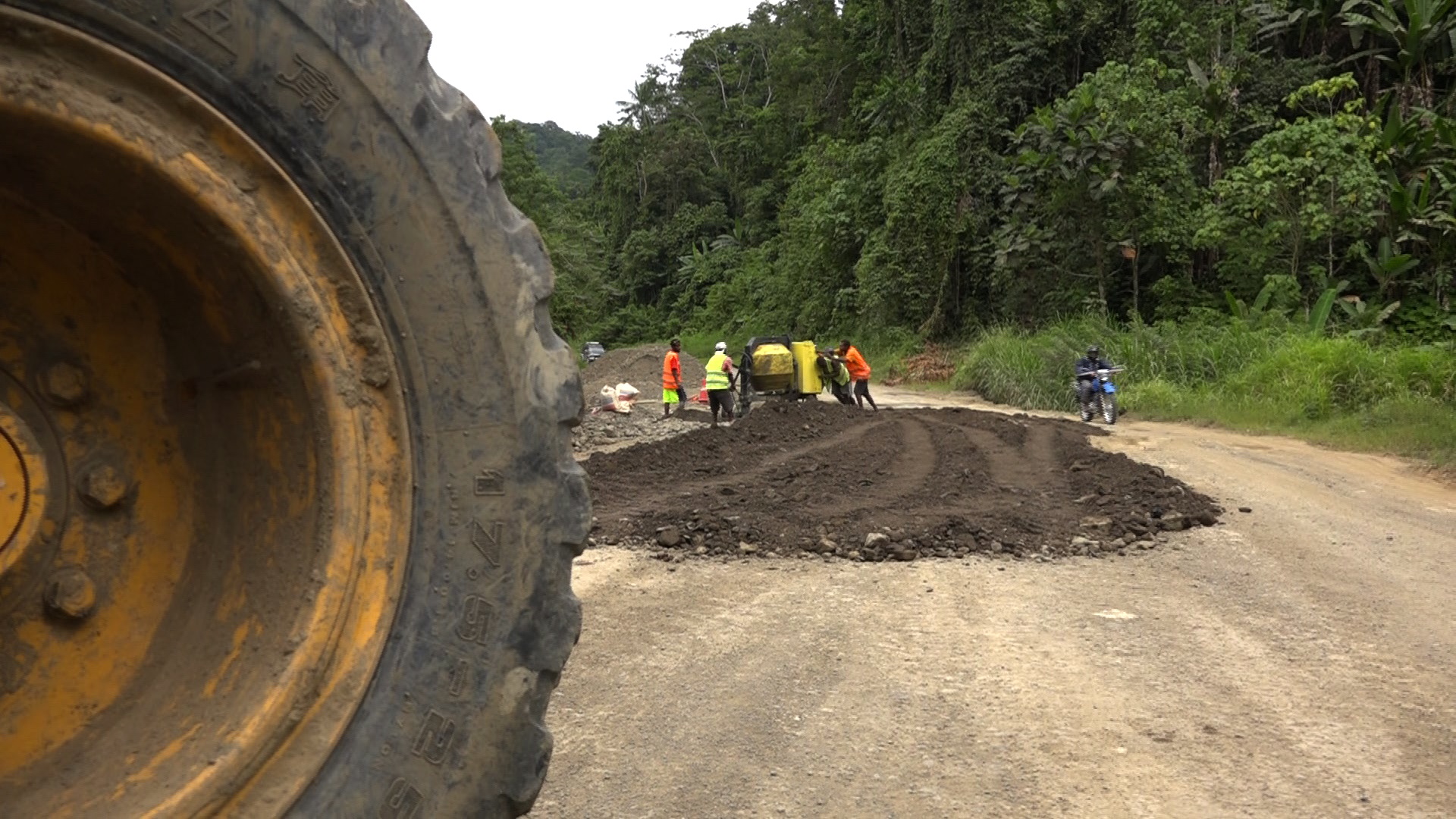
According to the Asian Development Bank’s May 2018 update, contracts for the US$800 million (K2.5 billion) multi-tranche funding to rehabilitate Papua New Guinea’s 430-kilometre Highlands Highway will be awarded between August and September. It can’t come soon enough for many operators.

The reality of the day-to-day woes of the highway (sometimes referred to as the Okuk Highway) in PNG has left some operators questioning if the ADB-funded rehabilitation will occur in time.
Negotiations over the procurement of more than six contract packages are ongoing, with only a small percentage of the 10-year funding so far utilised.
Meanwhile, the deteriorated state of the highway contributes to delays and the premature mechanical failures of trucks and vehicles—and consequent higher costs.
Diversified landowner company NKW Fresh Produce supplies in excess of 120 tonnes of fresh produce monthly, sourced directly from smallholder subsistence farmers.
David Stewart, Fresh Produce Manager Growers Service at NKW, believes the state of the highway makes it hard for PNG companies to be competitive.
‘The turnaround time to deliver goods and services, utilising the roads infrastructure, is extended.’
‘There is no way a developing nation, without infrastructure, can compete against products imported from a first world country with first world infrastructure,’ he says.
Unfair
Stewart considers it ‘grossly unfair’ to expect the fresh produce industry in PNG to stand on its own when it cannot achieve first world economies of scale. It is also a barrier to investment.
Stewart explained that the turnaround time to deliver goods and services, utilising the roads infrastructure, is extended. What should take seven hours, can take up to a full day because of the poor conditions.
‘There is no need to purchase new trucks.’
‘Our trucks suffer a level of deterioration that just does not occur in a developed market.
‘So the reality is that our cost of access is higher. This creates a market situation that is anything but equal.’
Adequate

Jacob Luke, Chairman of Mapai Group of companies, and President of the PNG National Road Transport Association (RTA) says the current state of the Okuk Highway remains a great challenge for the industry. He, too, says it is discouraging investment.
‘There is no need to continue buying new trucks when the supply is sufficient.
‘However, the utilisation is very poor because of the poor state of the highway and security issues.
‘The government is not in any way positioned to fix the highway, despite (the) ADB funding. They are far too remote from our immediate and day-to-day operational needs.
‘The focus of Tranche 1 is to do the necessary emergency works.’
‘We are taking up a solo fight for our own survival,’ he observes.
Truck and vehicle owners are also concerned that they are not only paying for the cost of the deteriorating infrastructure, but also paying fees to be worthy road users.
Funding
Meanwhile, the ADB has said that, rather than work on individual and separate sections at a time, each of the three funding tranches will be applied to the whole road.
‘The focus of Tranche 1 is to do the necessary emergency works, rehabilitation and maintenance to get the road passable all year round on a daily basis,’ the ADB stated.
According to the ADB, the second tranche will be targeted at improving 118 kilometres of priority national roads, provide maintenance arrangements for 500 kilometres of roads, provide capacity development for agencies, and improve road safety.
The third tranche will include:
- Improvements to 113.5 kilometres of priority national roads including redesign considerations for road users;
- Maintenance arrangements for 200 kilometres of the Highlands Core Road Network;
- Improving the capacity of the National Road Authority and Department of Works to manage and improve the roads;
- Improving the road safety capacity of the National Road Safety Council (NRSC).
David Hill, the Asian Development Bank’s Country Director for Papua New Guinea, will talk about the bank’s investment plans for road, port, aviation and energy infrastructure in PNG at the 2018 Papua New Guinea Investment Conference, to be held at the Sofitel Brisbane on 6 & 7 August. To view the program or register to attend, visit www.pnginvestmentconference.com.


